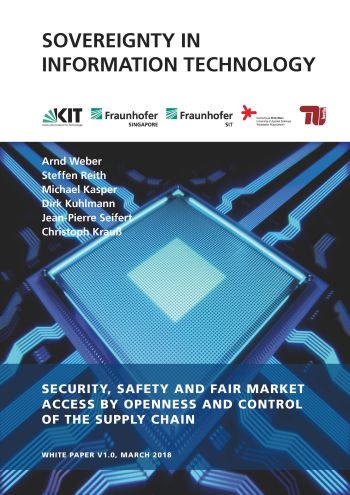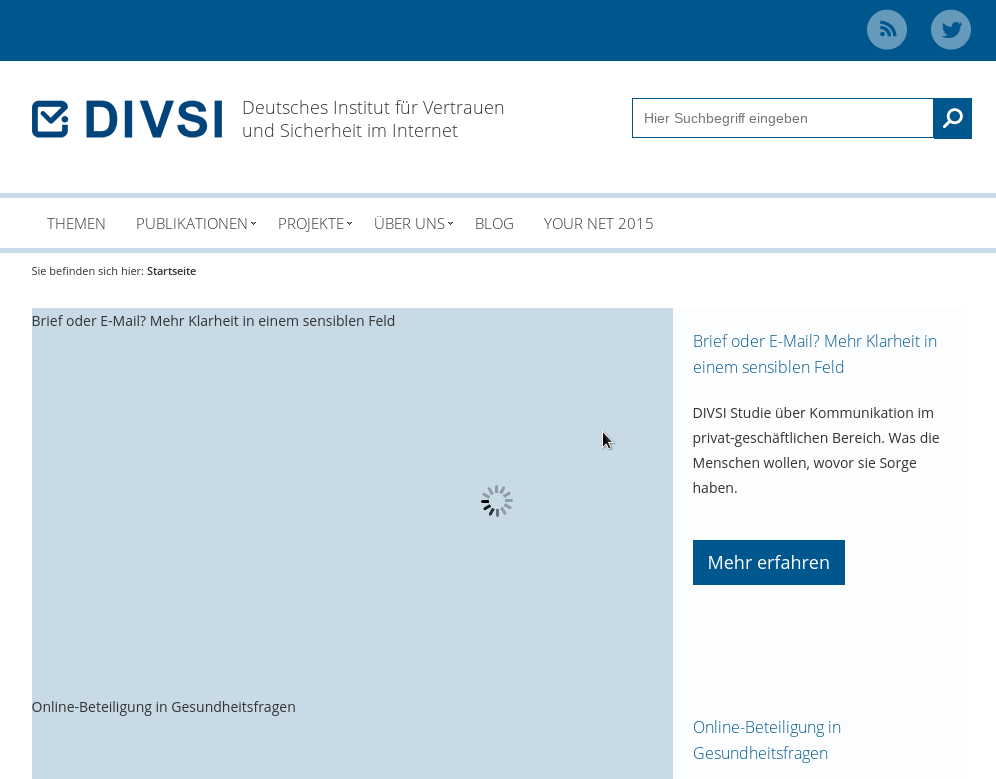Things I read…: ” Short introduction to krypto-property by Preston Byrne”
https://prestonbyrne.com/2018/11/23/krypto_property/
“Wrapping up, the reason that the matter of Bitcoin’s ultimate classification as property hasn’t come up yet is because, in common practice, ownership disputes are resolved at a higher conceptual level than inquiring about the “nature of a bitcoin itself” – when I deposit coins at an exchange, e.g., it ought to be pretty clear from the exchange’s TOS that if I have a balance on the exchange, I can ask the exchange to spend an amount equal to that balance back to me on request and, if they fail to do so, I can ask a court to force the exchange to render specific performance or pay damages. A dispute of that kind, of which there have been many, doesn’t ask at what point title transferred and what the fundamental nature of that title is, because it doesn’t have to. It looks instead at the contractual obligations between the counterparties and whether those obligations were satisfactorily performed.
One could write chapter and verse comparing these two jurisdictions and their treatment of Bitcoin as an asset. That said, it’s a Friday night and I have places to be, so for now it will have to suffice to say only that the question has no answer and at some point, probably sooner rather than later, there is going to be a case that explores these fundamental issues (I am frankly shocked that Oxford v. Moss hasn’t been raised yet in any of the UK-based Bitcoin fraud prosecutions).
I look forward to reading those decisions.”
 Another one from my research… awesome work: The Mobile Developers Guide to the Galaxy | (now powered by Open-Xchange)
Another one from my research… awesome work: The Mobile Developers Guide to the Galaxy | (now powered by Open-Xchange) 

 … Do You Trust This Computer?
… Do You Trust This Computer?
 Reality update:
Reality update:  You may have been thinking that the good old beep tool is safe, but you’re wrong …
You may have been thinking that the good old beep tool is safe, but you’re wrong …



